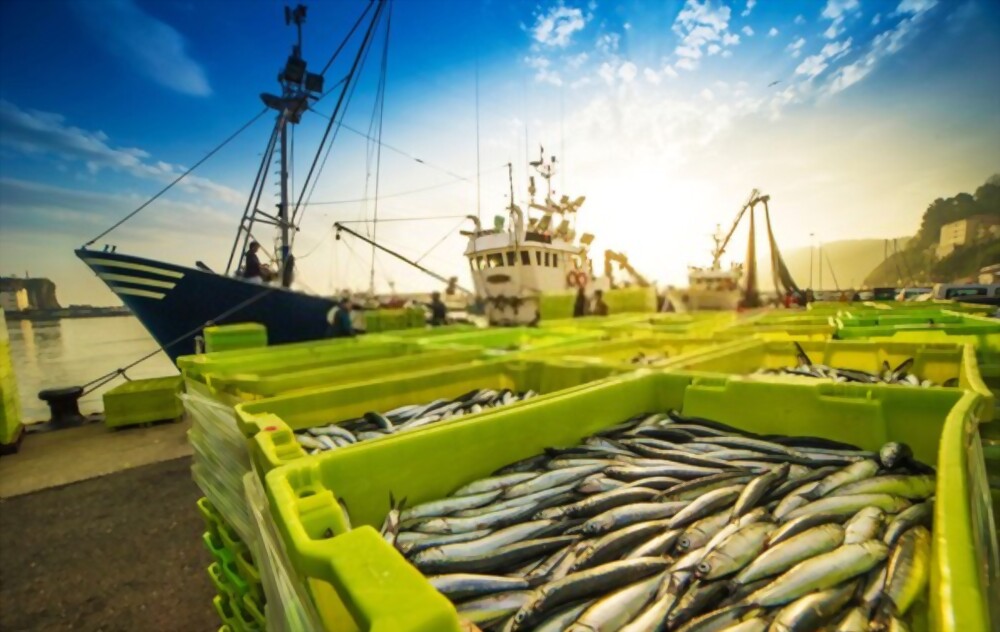What Industries Are Fishing?
Fishing refers to a number of different industries. The fishing industry includes all businesses or activities concerned with raising, culturing, harvesting, preserving, storing or marketing of fish or marine wildlife. Other industries that fall under the fishing umbrella include: sea fishing, freshwater fishing, sports fishing (such as fishing for fun and for sport), collecting rare or exotic fish, and ornamental fishing. These industries also collectively represent a significant economic activity in most countries.
Fishing has been around since time immemorial. Early civilizations such as the Egyptians and Romans used fishing as a way to obtain food. In modern times, fishing continues to be an important source of income and is likely one of the few industries that continues to grow even in these difficult financial times. The fish of today can be used in a variety of recipes as well as being enjoyed by consumers on a full stomach.
Commercial fishing is one of the largest industries within the fishing industry. There are literally hundreds of commercial fishing industries in the world. Some of the largest fisheries are based in the United States. Many large commercial fisheries harvest millions of pounds of fish each year. Some of the world’s most popular commercial fish species are: tuna, trout, mackerel, salmon, halibut, frozen bluefish, groundfish, swordfish, king pike, halibut, sturgeon, and abalone.
As mentioned above, commercial fishing encompasses many industries. On a smaller scale, Alaska produces more seafood than any other state in the U.S.. Much of Alaska’s seafood originates from fisheries that are not commercial. Commercial fishing is regulated by federal law and many states have their own laws pertaining to licensing, environmental policies and reporting. Alaska is an excellent place to learn more about the importance of protecting our oceans and waterways. If you are considering a career in commercial fishing, you will find that it is not only a fulfilling job, but also a very interesting field of work.
Alaska is well known for its rich marine life. Due to the natural development of its waters and the consistent weather patterns, salmon can grow up to 3 feet per inch. Due to the abundance of salmon, commercial fishing has been able to flourish in the Alaskan waters for centuries. However, overfishing and illegal fishing practices have led to serious problems with overpopulation of certain species, such as the salmon. This has led to regulations and limitations for commercial fishing.
Another important facet of this important industry is the marine environment. In the Alaskan waters, there are vast numbers of marine life, including at least 5 million shipwrecks. In fact, the number of shipwrecks in the Alaskan marine environment is more than double the number of marine reefs. Because of the damage that ships can do to the ecosystems, these ships must be monitored constantly to prevent any negative impacts on the ecosystems. This is one reason why so many nations are working towards protecting their marine environment.
One of the industries that has suffered the most from overfishing is the fishing for commercial fishing. Although it is difficult to determine the exact impact that commercial fishing has had on the Alaskan marine environment, it has certainly impacted the Alaskan people. The high price of salmon and other types of seafood has meant that many people have turned to alternative sources of food, such as wild Alaskan tuna. Wild Alaskan tuna is considered to be an excellent source of protein, Omega-3 fatty acids, and other essential nutrients. This reason has meant a boost in demand for Alaskan tuna, leading to overfishing.
In conclusion, what industries are fishing? There are many reasons why a particular industry exists. Some people choose to fish for sport, while others follow nature dictates and use the oceans for their own way of life. Whatever a person’s motivation, it can never be denied that our natural marine environment needs to be protected.
